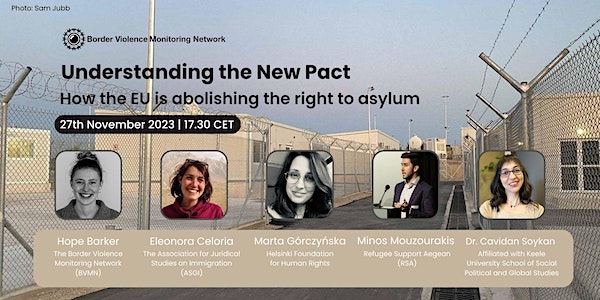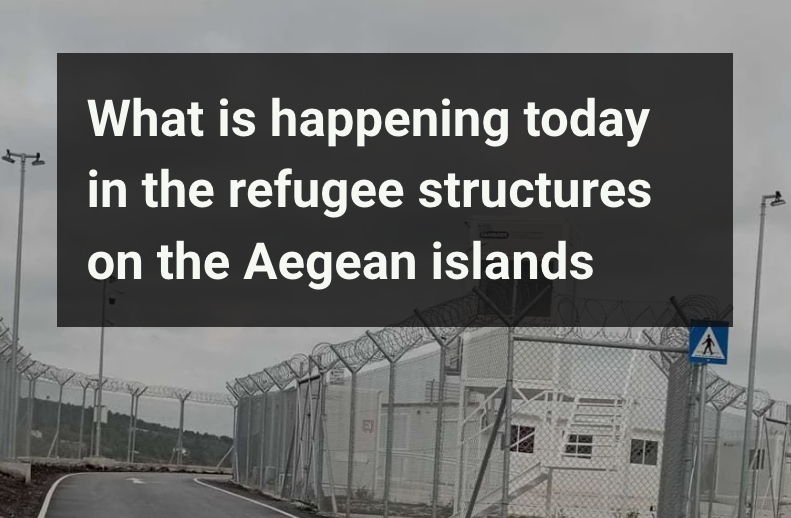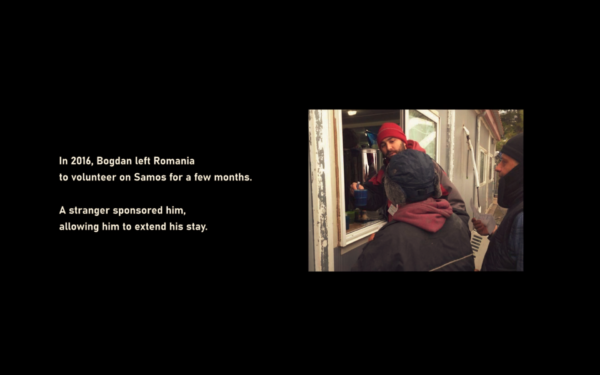Webinar 27th November 17.30 CET
About this event
- 2 hours
- Mobile eTicket
Understanding the New Pact: How the EU is abolishing the right to asylum
In 2020, the European Union (EU) announced its New Pact on Migration and Asylum to supposedly overhaul the current system for managing migration in Europe. The Pact is already over a key hurdle and approaching implementation. One of the many grave consequences of this is that the right to claim asylum – which underpins the international system of refugee protection but has been under erosion for years – is speeding towards being abolished. Join our webinar, in which we will try to break down these crucial policy developments, describe what’s at stake, and help people and organisations challenge political decisions that affect them.
In October, the European Council – representing the heads of all EU Member State governments – made an agreement on the Crisis Regulation of the New Pact on Migration and Asylum, resolving a long deadlock. Now negotiations on the rest of the files in the Pact have resumed and the Spanish Presidency of the European Council is pushing for all other political deals to be completed by December. The European elections in June will see a new mandate of Members of the European Parliament and so all files are set to be completed before then. Whilst most political deals have already been made, it is important that they are not passed in silence and without contestation.
The negotiations have been complex, extensive and inaccessible to people and organisations who live with the realities of the decisions made at the EU level. This webinar will provide an overview of the New Pact files, explain in detail what the new legislation will do to the landscape of migration in Europe, and describe the impacts of examples from Member States where certain aspects of the Pact have already been piloted. These include hotspots in Italy that serve as de-facto detention sites, Hungarian transit zones where people were held in legal limbo whilst applying for asylum, and the EU-funded Closed Controlled Access Centres on the Greek islands, among others.
The European Parliament’s position on the New Pact files was adopted in March of this year, and represented a lowering of standards and scrapping of safeguards across the board. Those files, namely the Screening Regulation, Asylum Procedures Regulation, Regulation on Reception and Migration Management, and Crisis Regulation are set to entail:
- de facto detention for all new arrivals to the EU aged 12 years and upward
- obligatory fast-tracked border procedures for all new arrivals that streamline into returns mechanisms
- rapid deportation mechanisms, with Northern European Member States paying for frontline Member States’ deportation schemes
Meanwhile, the few safeguards that were mandated by the Parliament’s position are slowly being eroded in current political negotiations between the Council, the Commission and the Parliament in Brussels. In a political climate that leans ever more towards closed borders, anti-migration rhetoric, and exclusionary nationalist politics, it is vital as ever not to allow such cruel, exploitative and unsustainable legislation pass unnoticed. Challenging policies like this, and setting ourselves the task of building a radically alternative approach to migration in Europe and beyond, first requires us to intimately understand the shifts that will occur. In this webinar we seek to elucidate often inaccessible policymaking in Brussels, so that we can be better equipped to denounce the decisions that are being made.
Speakers:
- Hope Barker, The Border Violence Monitoring Network
- Marta Górczyńska, Helsinki Foundation For Human Rights
- Eleonora Celoria, ASGI
- Minos Mouzourakis, Refugee Support Aegean
- Dr. Cavidan Soykan, Independent Researcher
Language
This webinar will be held in English, however we will be writing a summary document of the key discussions and circulating it in several languages within a week of the event in order to try and be more inclusive for audiences in different regions. Please stay up to date on our website (www.borderviolence.eu) for more details.



